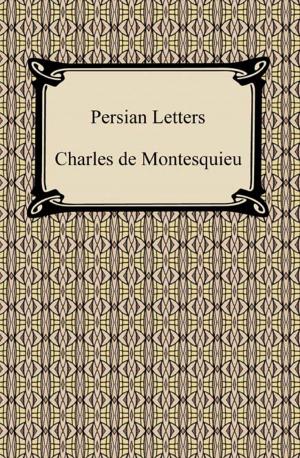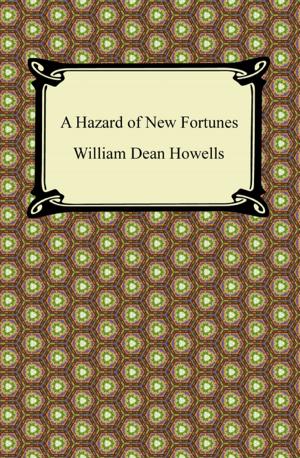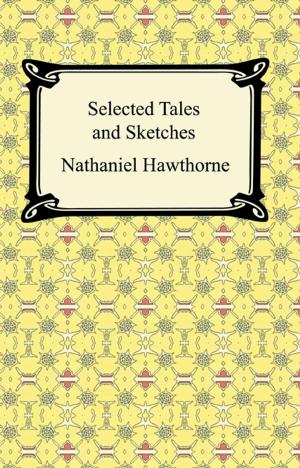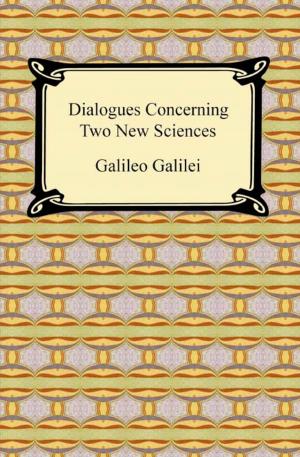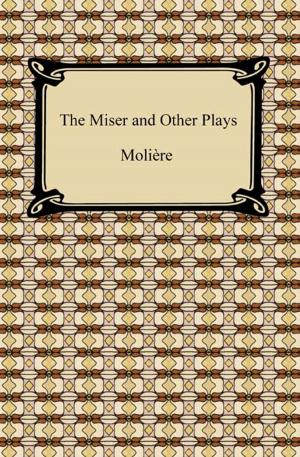Twelfth Night, or What You Will (Annotated by Henry N. Hudson with an Introduction by Charles Harold Herford)
Nonfiction, Entertainment, Drama, Shakespeare, Fiction & Literature| Author: | William Shakespeare | ISBN: | 9781420953435 |
| Publisher: | Neeland Media LLC | Publication: | May 31, 2016 |
| Imprint: | Digireads.com Publishing | Language: | English |
| Author: | William Shakespeare |
| ISBN: | 9781420953435 |
| Publisher: | Neeland Media LLC |
| Publication: | May 31, 2016 |
| Imprint: | Digireads.com Publishing |
| Language: | English |
William Shakespeare’s “Twelfth Night,” is a classic comedy of mistaken identities, a device employed in a number of the bard’s plays, which is believed to have been written sometime between 1601 and 1602. When Viola is shipwrecked on the coast of Illyria she is separated from her twin brother Sebastian, who she mistakenly believes to be dead. With the help of the ship captain who rescues her, she enters into the service of Duke Orsino, who has fallen in love with Olivia, a wealthy countess whose father and brother have recently died. Olivia, stricken with grief, has promised herself to love no one until seven years have passed. The Duke employs Viola, now disguised as a young man named Cesario, to act as an intermediary between him and Olivia. The plan backfires though when Olivia, not realizing that Viola is in disguise, falls in love with her alter ego Cesario. Meanwhile Viola begins to develop feelings for the Duke. One of Shakespeare’s most loved comedies, “Twelfth Night” draws its title from the Christian festival of the same name. This edition is annotated by Henry N. Hudson and includes an introduction by Charles Harold Herford.
William Shakespeare’s “Twelfth Night,” is a classic comedy of mistaken identities, a device employed in a number of the bard’s plays, which is believed to have been written sometime between 1601 and 1602. When Viola is shipwrecked on the coast of Illyria she is separated from her twin brother Sebastian, who she mistakenly believes to be dead. With the help of the ship captain who rescues her, she enters into the service of Duke Orsino, who has fallen in love with Olivia, a wealthy countess whose father and brother have recently died. Olivia, stricken with grief, has promised herself to love no one until seven years have passed. The Duke employs Viola, now disguised as a young man named Cesario, to act as an intermediary between him and Olivia. The plan backfires though when Olivia, not realizing that Viola is in disguise, falls in love with her alter ego Cesario. Meanwhile Viola begins to develop feelings for the Duke. One of Shakespeare’s most loved comedies, “Twelfth Night” draws its title from the Christian festival of the same name. This edition is annotated by Henry N. Hudson and includes an introduction by Charles Harold Herford.

